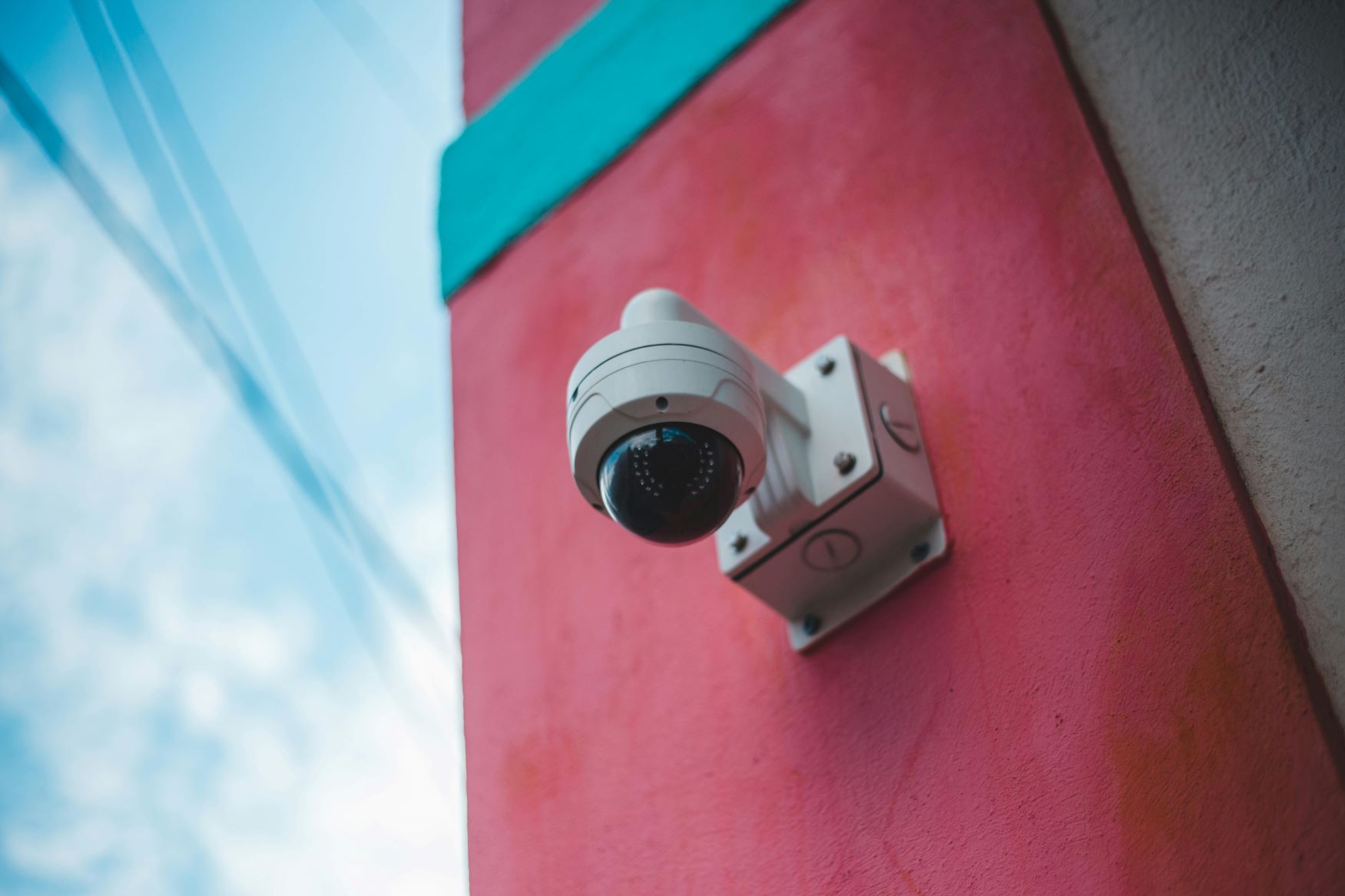Physical security breaches cost businesses an average of $100,000 per incident, making comprehensive protection essential for companies across diverse industries. Modern security threats extend far beyond traditional concerns, encompassing cyber vulnerabilities, data protection, and operational continuity. Understanding which businesses face the highest risks helps organizations make informed decisions about implementing physical security measures.
Manufacturing and Industrial Businesses Face Complex Security Challenges
Manufacturing facilities present unique security vulnerabilities that demand specialized protection strategies. These environments house expensive equipment, valuable raw materials, and proprietary processes that competitors might target.
Essential Protection Areas for Manufacturing
Key security considerations for manufacturing include:
- Equipment Protection: Heavy machinery and specialized tools represent significant investments requiring 24/7 monitoring and access control
- Intellectual Property Safety: Production processes, formulas, and manufacturing techniques need protection from industrial espionage
- Supply Chain Security: Raw materials and finished goods require secure storage and controlled access during transportation
- Worker Safety Integration: Security systems must complement existing safety protocols without hindering productivity
- Multi-Site Coordination: Large manufacturers often operate multiple facilities requiring centralized security management
Managing Internal and External Threats
Industrial sites also face challenges from both internal and external threats. Employee access must be carefully managed to prevent theft while maintaining operational efficiency. Advanced surveillance systems with AI analytics can detect unusual behavior patterns and potential security breaches before they escalate.
Healthcare and Medical Facilities Require Specialized Protection
Healthcare organizations handle sensitive patient data, expensive medical equipment, and controlled substances that make them attractive targets for criminals. Medical facilities must balance security requirements with patient care accessibility and regulatory compliance.
Compliance and Privacy Protection
Patient privacy regulations like HIPAA create additional security obligations beyond basic asset protection. Access control systems must track who enters patient areas while maintaining detailed audit trails. Pharmaceutical storage areas need enhanced security to prevent drug theft and diversion.
Emergency Response Integration
Emergency situations add complexity to healthcare security planning. Systems must allow rapid access for medical emergencies while maintaining security protocols. Integration with existing medical equipment and communication systems ensures security measures support rather than hinder patient care.
Financial Services and Banking Demand Maximum Security
Banks, credit unions, and financial advisory firms face constant security threats due to the valuable assets and sensitive information they handle. Physical security breaches in financial institutions can result in massive financial losses and regulatory penalties.
Cash handling areas require multiple layers of protection including biometric access controls, time-delayed safes, and comprehensive surveillance coverage. Customer data protection extends beyond digital security to include physical document storage and disposal procedures.
Regulatory compliance adds another dimension to financial institution security requirements. Regular security audits and documentation prove essential for maintaining operational licenses and customer trust. Modern financial facilities increasingly integrate physical and cybersecurity measures to address evolving threat landscapes.
Retail and E-commerce Operations Need Comprehensive Protection
Retail businesses face diverse security challenges ranging from shoplifting to organized retail crime. Modern retail security extends beyond traditional loss prevention to include inventory protection, employee safety, and customer data security.
Core Retail Security Requirements
Essential retail security measures include:
- Point-of-Sale Protection: Secure payment processing areas and cash handling procedures reduce internal and external theft risks
- Inventory Management: Real-time monitoring of high-value merchandise and stockroom access controls prevent shrinkage
- Customer and Employee Safety: Surveillance systems and emergency response protocols protect people during incidents
- Data Security Integration: Physical protection of customer information collected through loyalty programs and transactions
- Multi-Location Management: Centralized monitoring and reporting across multiple store locations
E-commerce and Fulfillment Challenges
E-commerce fulfillment centers present additional challenges with large warehouses containing valuable inventory. Automated security systems must integrate with warehouse management software to track products throughout the distribution process.
Professional Services and Law Firms Handle Sensitive Information
Law firms, accounting practices, and consulting companies manage confidential client information that requires strict physical protection. Document security, visitor management, and after-hours access control become critical for maintaining client trust and regulatory compliance.
Professional service firms often operate in shared office buildings where security responsibilities may be divided between building management and individual tenants. Clear security policies and procedures ensure all staff understand their roles in maintaining confidentiality and protection.
Client meetings and document review sessions require secure conference facilities with controlled access and surveillance capabilities. Digital document storage systems need physical protection to prevent unauthorized access to servers and backup systems.
Educational Institutions Balance Access with Security
Schools and universities must provide open learning environments while protecting students, staff, and valuable educational resources. Campus security involves managing large numbers of people with varying access requirements throughout different areas and times.
Educational institutions face unique challenges including managing visitors, controlling access to sensitive research areas, and protecting expensive laboratory equipment. Emergency response capabilities become particularly important given the potential for large-scale incidents affecting many people.
Student housing adds residential security considerations to traditional educational facility protection. Integration with existing campus systems ensures security measures support the educational mission without creating barriers to learning and collaboration.
Technology Integration Drives Modern Security Solutions
Today’s physical security systems require sophisticated integration with network infrastructure and cybersecurity measures. Traditional security providers often lack the IT expertise necessary to properly implement and maintain these connected systems.
The SpotLink Advantage
SpotLink’s IT experts understand the cyber risks associated with deploying cameras, access control systems, and other connected devices. Their comprehensive approach ensures security technology integrates seamlessly with existing network infrastructure while maintaining optimal performance and protection.
Advanced Security Features
Businesses across all industries benefit from working with security providers who understand both physical protection and cybersecurity requirements. This integrated approach provides better protection while reducing complexity and maintenance costs.
Modern security solutions offer features like AI-powered video analytics, cloud-based monitoring, and mobile device management that require specialized IT knowledge to implement effectively. Choosing the right security partner ensures these advanced capabilities work together to provide comprehensive protection that adapts to evolving business needs.
Contact SpotLink today to schedule a free on-site security evaluation and discover how integrated physical security solutions can protect your business while supporting your operational goals.

